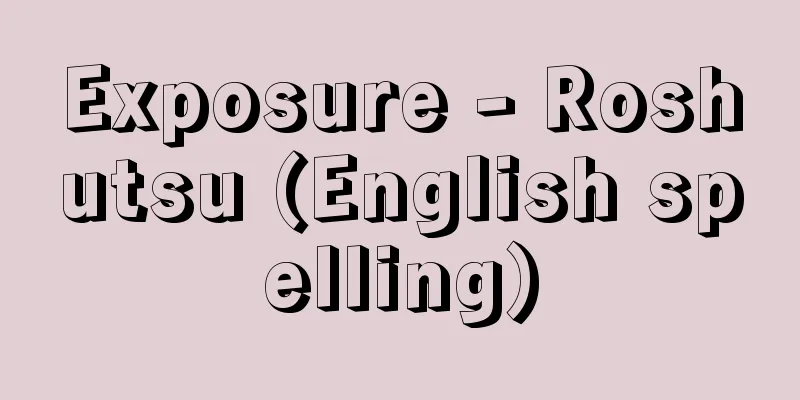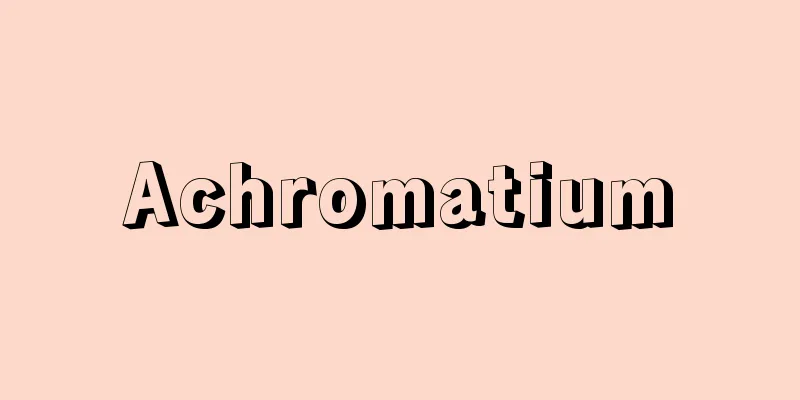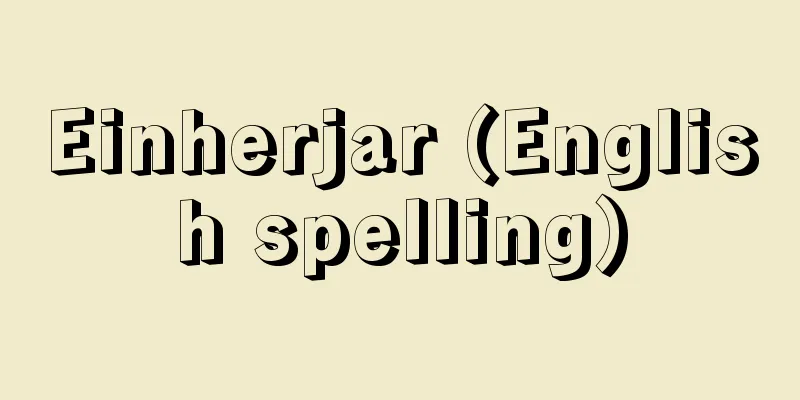Scipio [little] - Scipio
![Scipio [little] - Scipio](/upload/images/67cbf36c75cec.webp)
|
Roman general and politician. Adopted son of Scipio the Great, he was called Scipio the Younger. In 146 BC, he destroyed Carthage, ending the Punic Wars. In 133 BC, he conquered Numantia, establishing his dominance over the Iberian Peninsula. However, he opposed the reforms of Gracchus, and died mysteriously. He is also known for his efforts to import and popularize Greek culture. Related article Polybius Source : Heibonsha Encyclopedia About MyPedia Information |
|
古代ローマの将軍,政治家。スキピオ[大]の長子の養子で小スキピオと呼ばれる。前146年カルタゴを破壊してポエニ戦争を終結させた。前133年ヌマンティアを征服して,イベリア半島支配を確立した。しかしグラックスの改革には反対し,なぞの死を遂げた。ギリシア文化の輸入・普及に努めたことでも有名。 →関連項目ポリュビオス 出典 株式会社平凡社百科事典マイペディアについて 情報 |
<<: Feeler gauges (thickness gauges)
Recommend
Kanno Suga
A Meiji era socialist and anarchist. Born in Osaka...
Tantular (English spelling) Mpu (Empu) Tantular
A poet who appeared in the 14th century during the...
file system
A method of managing and storing data on auxiliary...
Fringilla coelebs
…[Nakamura Toru]. … *Some of the terminology that...
Ganja
… [Mitsuru Hotta] [Cannabis Addiction] It refers ...
Haldane, John Burdon Sanderson
Born: November 5, 1892, Oxford [Died] December 1, ...
Amazon river dolphin (Inia geoffrensis; boto
The Amazon river dolphin is a member of the Amazon...
Offset ink
…(4) The finished print reproduces the color, glo...
Radio noise - denpazatson (English spelling)
In wireless communications, this refers to irregul...
Psychopharmacology - Psychopharmacology
Psychotropic drugs are drugs whose main function ...
Asian Society
...This is one view of modern history. [Asian Soc...
Jenkins, GM (English spelling) JenkinsGM
...Whether the ultimate goal of the analysis is p...
Cossa, Francesco del
[Born] 1436. Ferrara Died: 1478. Italian painter f...
Complete Tang Poetry
A complete collection of Tang poetry compiled dur...
Humoral regulation
…The reason why cardiac output, blood flow distri...

![Yudanaka [Hot Spring] - Yudanaka](/upload/images/67cd14196906d.webp)







